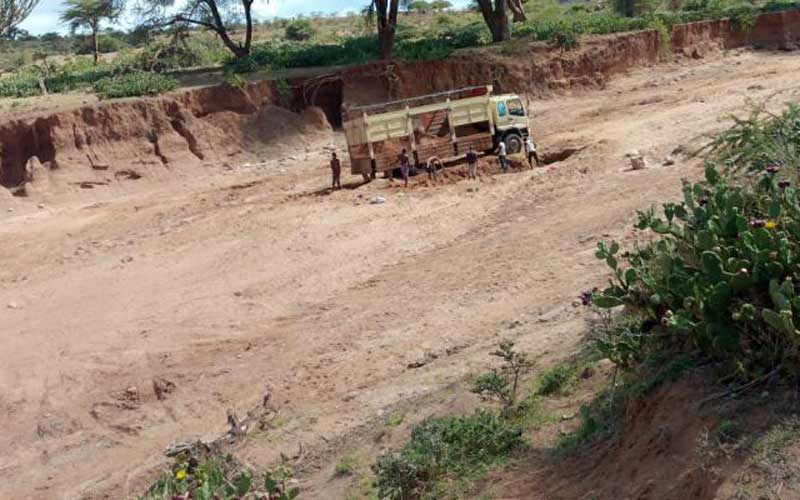×
The Standard e-Paper
Join Thousands Daily

The economic boon associated with sand in Laikipia may soon disappear if wrangles pitting locals agains their leaders as well as traders will not dissipate.
At the centre of Laikipia sand wars is longstanding unruliness, with community members complaining over lack of transparency. On a good day, a single group ranch makes about Sh300,000 but the cash ends up in the pockets of handful individuals.